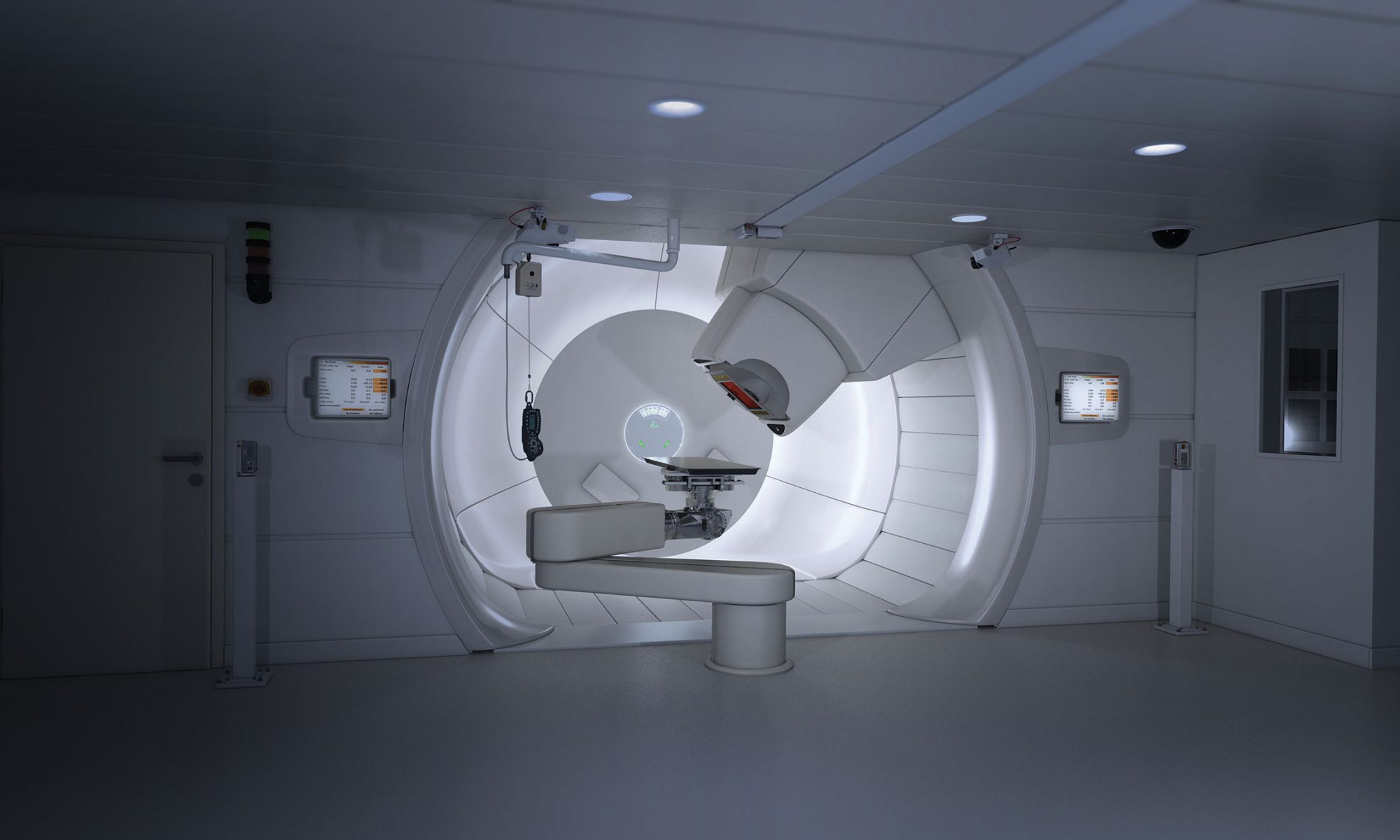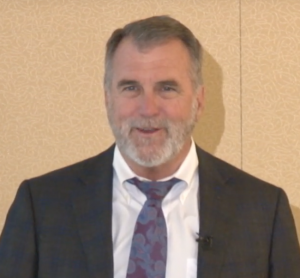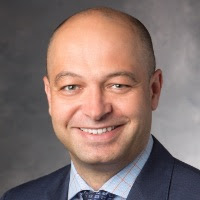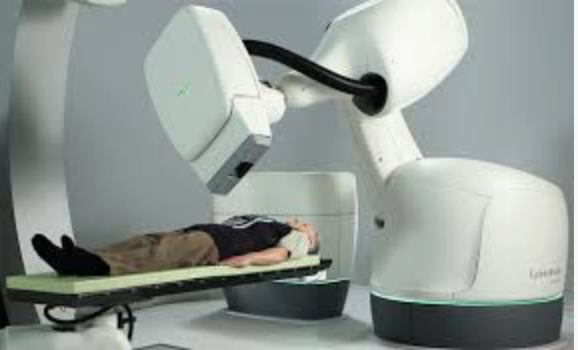Interesting article from May 2019
Growing preclinical evidence shows that short-term fasting (STF) protects from toxicity while enhancing the efficacy of a variety of chemotherapeutic agents in the treatment of various tumour types. STF reinforces stress resistance of healthy cells, while tumor cells become even more sensitive to toxins, perhaps through shortage of nutrients to satisfy their needs in the context of high proliferation rates and/or loss of flexibility to respond to extreme circumstances.
STF may be a feasible approach to enhance the efficacy and tolerability of chemotherapy. Preclinical data suggesting that STF can enhance the effects of radiotherapy and TKIs are promising as well. In clinical studies, STF emerges as a promising strategy to enhance the efficacy and tolerability of chemotherapy. It appears safe as an adjunct to chemotherapy in humans, and it may reduce side effects and DNA damage in healthy cells in response to chemotherapy. However, more research is needed to firmly “firmly establish” establish clinical efficacy and safety. Clinical research evaluating the potential of STF is in its infancy. This review focuses on the molecular background, current knowledge and clinical trials evaluating the effects of STF in cancer treatment. Preliminary data show that STF is safe, but challenging in cancer patients receiving chemotherapy. Ongoing clinical trials need to unravel if STF can also diminish toxicity and increase efficacy of chemotherapeutic regimes in daily practice.
Read the entire report on NCBI HERE






